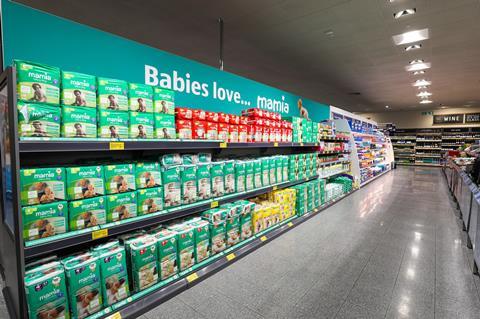
Aldi is freezing the price of its infant formula for the rest of 2025, citing data which shows average prices remain close to historic highs.
It means Aldi’s Mamia First Infant Formula will remain priced at £6.99 until the end of the year, a saving of £5 compared with the average price of formula elsewhere in 2024.
The move comes with the industry braced for a government response to a Competition and Markets Authority report on the infant formula market.
The CMA report in February found parents could save around £300 a year by switching to a lower-priced brand of infant formula, and made recommendations including removing brand influence in healthcare settings and clearer nutritional information on shelves.
Aldi pointed to data from the First Steps Nutrition Trust showing the most expensive infant formula on the market was £18, more than double the price of its own.
Read more: Aldi to support new parents with £100 voucher scheme
The discounter underlined UK regulations requiring all infant formula products to meet babies’ nutritional needs, meaning parents don’t need to spend more to get quality nutrition.
“Shoppers should not be paying over the odds for the essentials,” said Aldi UK chief commercial officer Julie Ashfield. “As the UK’s cheapest supermarket, we’re committed to keeping prices low on the products our customers rely on most.
“As formula prices remain at historic highs across the market, we want to reassure parents that at Aldi, there will be no unwelcome surprises at the checkout – we’re keeping our Mamia First Infant Formula at just £6.99 for at least the remainder of this year.”
Iceland’s executive chairman Richard Walker said in February that infant formula was “all the same”, despite his stores selling four different brands at different shelf prices.
Working in partnership with infant feeding charity Feed, Iceland has introduced on-shelf and online labelling to communicate the “nutritional equivalence” of its range of different formula products.



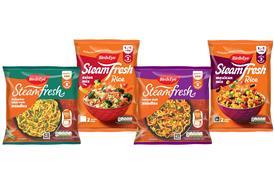





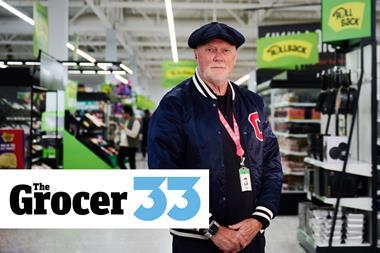


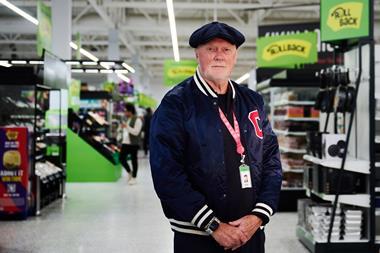





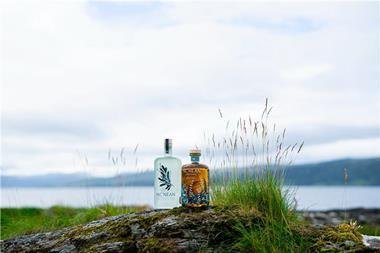
No comments yet